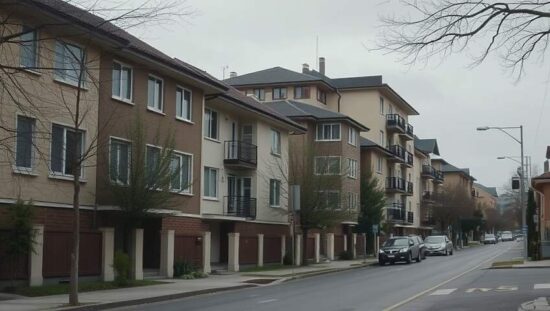The German government is considering a new levy on residents of social housing who earn above a certain income threshold, a proposal championed by Federal Housing Minister Verena Hubertz of the SPD. The potential measure, drawing inspiration from an existing “misallocation levy” in Hesse, aims to address the growing concern over the misuse of subsidized housing and the dwindling supply of affordable options for those genuinely in need.
Hubertz’s suggestion has ignited a debate centering on fairness and the efficient distribution of public resources. Critics argue that the proposed levy risks complicating an already complex system, potentially driving out individuals who may be temporarily above the income threshold but still require subsidized housing. Concerns have also been raised about the administrative burden of implementing and enforcing such a system, potentially offsetting any financial gains.
The move arrives against a backdrop of significant investment in social housing. The federal and state governments have pledged approximately €50 billion through 2029, with the federal contribution typically matched or exceeded by the states. However, despite this substantial financial commitment, the number of social housing units available continues to decline, fueling anxieties about accessibility for low-income families and individuals.
While Hubertz emphasizes a desire for “simple and serial” construction to maximize the impact of these funds, the underlying issue remains the proper allocation of these resources. The proposal to introduce levies on higher-earning social housing residents reflects a growing recognition within the government that simply increasing the supply of housing isn’t enough; a critical reassessment of who benefits from public subsidies is also necessary. The success of this initiative will ultimately hinge on whether it can balance the need for fiscal responsibility with the protection of vulnerable populations.





